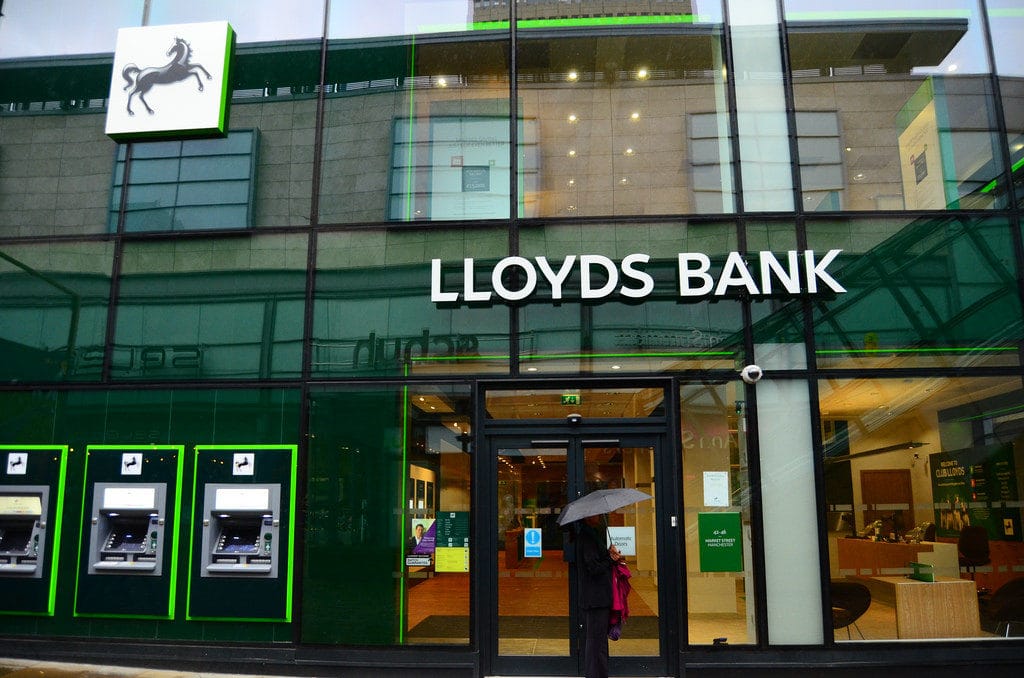Key points:
- Lloyds has announced the start of its share buyback programe
- This should benefit the share price over time
- But how much effect will it have now?
- Lloyds Bank Up 45% – But It’s Not The Shares
Lloyds Bank (LON: LLOY) shares should benefit over the longer term from the share buyback programme that the bank announced is starting today. But how much Lloyds shares will benefit in the short term is of more interest to us as traders. The truth there being not very much probably. The issue is that things we know are going to happen are already there in the share price.
Lloyds Bank announced results yesterday which were good enough. Little that anyone didn’t think would be there. Of course, the market as a whole was rather fragile yesterday given the outbreak of war. But a part of that announcement yesterday was that there would be a £2 billion share buyback programme at Lloyds. So, today’s announcement that that programme has started is not exactly a surprise. We already knew it was imminent from the announcement yesterday and so we’d not expect much share price movement today as a result.

Also Read: Investors are Looking to Banking Stocks For 2022, Here’s Why…
It’s the longer term that is going to be dispositive for the Lloyds Bank share price and there we need to consider two major issues. The first is, as we’ve said before, that banks benefit from rising interest rates. They live off the margin between deposit and lending rates. This past decade of very low, QE derived, interest rates has meant that deposit rates have been stuck at around zero while lending rates haven’t been much above that. As interest rates rise some portion of the deposit base – the “float” – will stay paying zero but the lending rates will improve considerably. This is something that happens by currency and Lloyds Bank, again as we’ve said, is largely a retail bank in sterling. Among the British quoted banks we’d expect Lloyds to outperform on this basis.
However, there’s another view possible of Lloyds which is that it’s a leveraged bet on the British housing market. An awfully large part of that loan book is out there in sterling mortgages. Which will be affected by any rise in interest rates of course – as will house prices in a downwards direction. Which causes something of a problem for our cheerful view of rising interest rates for Lloyds really.
Of course, nothing like 2008 is possible again, bank capital margins are far too fat for that. But any significant rise in default rates would feed through directly to the bottom line. So it is possible to think that Lloyds faces significant risk from rising interest rates as well as benefits.
The full bull case for Lloyds shares is that the government manages to raise interest rates and so improve margins, but at the same time manages not to damage capital values in the housing markets. Belief in that ability to hit the Goldilocks point might be more than a little fragile to be honest.




